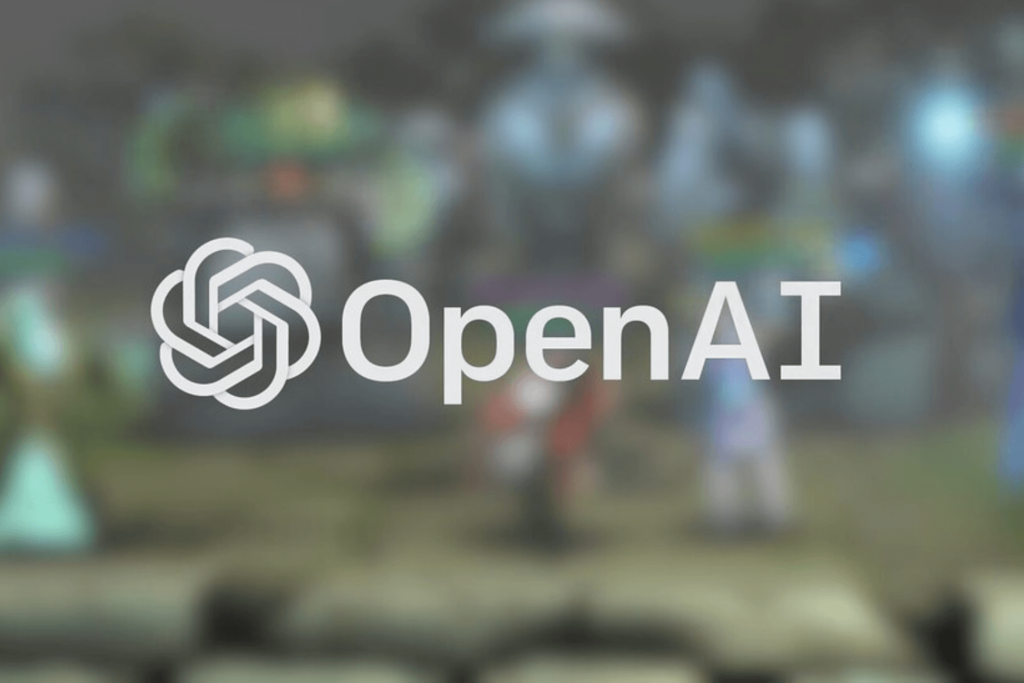OpenAI acquires Rockset to integrate advanced real-time search and data analysis capabilities into its infrastructure to improve AI applications and meet enterprise clients’ data-driven needs.
OpenAI bought Rockset, a company that makes tools for real-time search and data analysis. The company OpenAI wrote on its blog that it would use Rockset’s technology to “power its infrastructure across products.” OpenAI will recruit some members of Rockset’s team, and it will gradually remove current Rockset customers from its platform.
“Rockset’s infrastructure gives companies the power to turn their data into useful intelligence,” said OpenAI COO Brad Lightcap in a statement. “We are thrilled to offer these advantages to our clients by incorporating Rockset’s foundation into OpenAI products.”
Venkat Venkataramani, Tudor Bosman, and Dhruba Borthakur, all former Facebook engineers, founded Rockset in 2016.
They developed tools that allow businesses to automatically extract data from databases and public cloud storage services and then index that data for search and analytics tools.
Rockset’s database platform was the basis for recommendation engines, dashboards for tracking logistics, and OpenAI chatbots that work in fintech and e-commerce, among other areas.
Crunchbase data reveals that Rockset successfully raised over $117.5 million from investors like Icon Ventures, Sequoia, and Greylock before its acquisition.
Rockset also had well-known customers, such as Meta and JetBlue, who used it as part of their chatbot to predict flight delays.
What do you think OpenAI could do with Rockset’s technology? Well, the blog post talks about how OpenAI products let businesses “better leverage their data” and “access real-time information.” One could envision enhanced tools that would “ground” OpenAI’s models in a company’s data.
This could help lower hallucinations or make the model work better for a variety of business purposes.
In the accompanying blog post, Venkataramani provides an exclusive preview: He writes, “Heavy-duty retrieval systems like Rockset will make AI apps stronger and more useful.” Rockset will join OpenAI and run the retrieval infrastructure that supports all of OpenAI’s products. We’ll be working with OpenAI to fix the tough database issues that AI apps have on a large scale.
OpenAI’s Strategic Expansion with Rockset Acquisition
The purchase of Rockset fits into OpenAI’s recent plan to put a lot of money into its enterprise sales and tech departments.
OpenAI and PwC made a deal in May to sell OpenAI’s tools to other businesses. The business began offering a custom model tuning and consulting service for businesses the month before.
OpenAI expects its annualized revenue to exceed $3.4 billion this year, demonstrating the success of its moves.
OpenAI just recently said that 93% of all Fortune 500 companies are among the close to 600,000 users of the enterprise level of ChatGPT, its popular AI-powered chatbot platform.
Before Rockset, OpenAI had only acquired two public companies. The first one was Global Illumination, a startup in New York that makes creative tools and infrastructure with AI.

